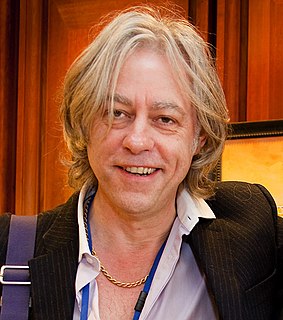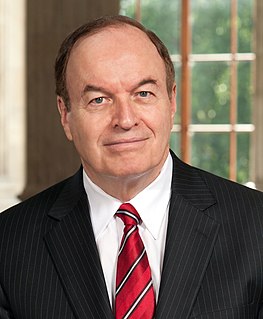A Quote by John Berger
The poverty of our century is unlike that of any other. It is not, as poverty was before, the result of natural scarcity, but of a set of priorities imposed upon the rest of the world by the rich.
Related Quotes
Seek the simplest in all things, in food, clothing, without being ashamed of poverty. For a great part of the world lives in poverty. Do not say, "I am the son of a rich man. It is shameful for me to be in poverty." Christ, your Heavenly Father, Who gave birth to you in the baptistery, is not in worldly riches. Rather he walked in poverty and had nowhere to lay His head.
War is not the only form of violence imposed on people through inadequate social arrangements. There is also hunger, poverty and scarcity. The use of money and the creation of debt fosters economic insecurity, which perpetuates crime, lawlessness and resentment. Paper proclamations and treaties do not alter the facts of scarcity and insecurity, and nationalism tends only to propagate the separation of nations and the world's people.
We're looking at the singular condition of poverty. All the other individual problems spring from that condition... doesn't matter if it's death, aid, trade, AIDS, famine, instability, governance, corruption or war. All of that is poverty. Our problem is that everybody tries to heal each of the individual aspects of poverty, not poverty itself.
The century would seek to dominate nature as it had never been dominated, would attack the idea of war, poverty and natural catastrophe as never before. The century would create death, devastation and pollution as never before. Yet the century was now attached to the idea that man must take his conception of life out to the stars.
Our interconnectedness on the planet is the dominating truth of the 21st century. One stark result is that the world's poor live, and especially die, with the awareness that the United States is doing little to mobilise the weapons of mass salvation that could offer them survival, dignity and eventually the escape from poverty.
Poverty should be one of the top concerns for any elected leader. It has a negative effect on almost everything we as society entrust our government to do, but it seems that those in the Republican Party find it is more politically viable to fight a war on the people in poverty than it is to fight a war to end poverty in this country.
The primary cause of disorder and lawlessness today, as throughout history, is the poverty of the many in contrast to the affluence of the few. But a new element of unrest has been added: a growing awareness that mass poverty is caused by defective institutions that prevent our harnessing the physical capabilities of science, engineering, management and labor to create general affluence; in other words, a growing awareness that poverty in any country that is or can be industrialized, is man's not nature's fault.







































